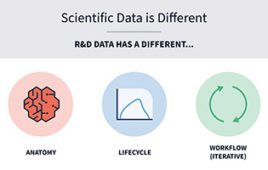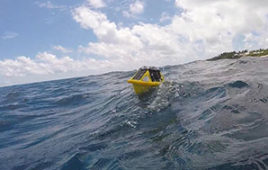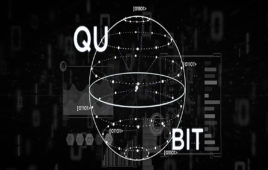 A key handwritten scientific document by Alan Turing in which he works on the foundations of mathematical notation and computer science was sold for $1,025,000 in the Fine Books & Manuscripts Sale at Bonhams New York. A portion of the proceeds from Bonhams and the vendor will be donated to charity.
A key handwritten scientific document by Alan Turing in which he works on the foundations of mathematical notation and computer science was sold for $1,025,000 in the Fine Books & Manuscripts Sale at Bonhams New York. A portion of the proceeds from Bonhams and the vendor will be donated to charity.
Cassandra Hatton, Senior Specialist in Fine Books and Manuscripts and the History of Science at Bonhams said, “This is a wonderful result and a fitting testament to Alan Turing’s impact and legacy. It has been a great privilege to have been involved in this sale and we are immensely pleased that all the people who bid for this unique item and indeed the wider public have recognized Turing’s importance and place in history.”
Made up of 56 pages contained in a simple notebook bought from a stationers in Cambridge, UK, it is almost certainly the only extensive autograph manuscript by Turing in existence. From internal evidence, it dates from 1942 when he was working at Bletchley Park to break the German Enigma Code, and provides remarkable insight into the thought process of a genius. As he writes in his distinctive hand: “The Leibniz notation I find extremely difficult to understand in spite of it having been the one I understood the best once! It certainly implies that some relation between x and y has been laid down eg, y=x2+3x…”
It was among the papers left by Turing in his will to his close friend and fellow mathematician, Robin Gandy. Turing committed suicide in 1954 as a consequence of the hormone treatment to ‘cure’ his homosexuality which he was undergoing as an alternative to imprisonment.
Alan Turing (1912-1954) was a British mathematician and computer scientist widely considered to be the father of modern computing. During World War II, Turing did crucial work at Bletchley Park breaking the German Enigma Code. Turing was tried and found guilty of crimes of gross indecency for engaging in homosexual acts. He committed suicide in 1954 as a consequence of the hormone treatment to “cure” his homosexuality which he was undergoing as an alternative to imprisonment. Turing is the subject of the award winning film The Imitation Game starring Benedict Cumberbatch and Keira Knightley, which is based on the definitive biography Alan Turing: The Enigma by Andrew Hodges.




